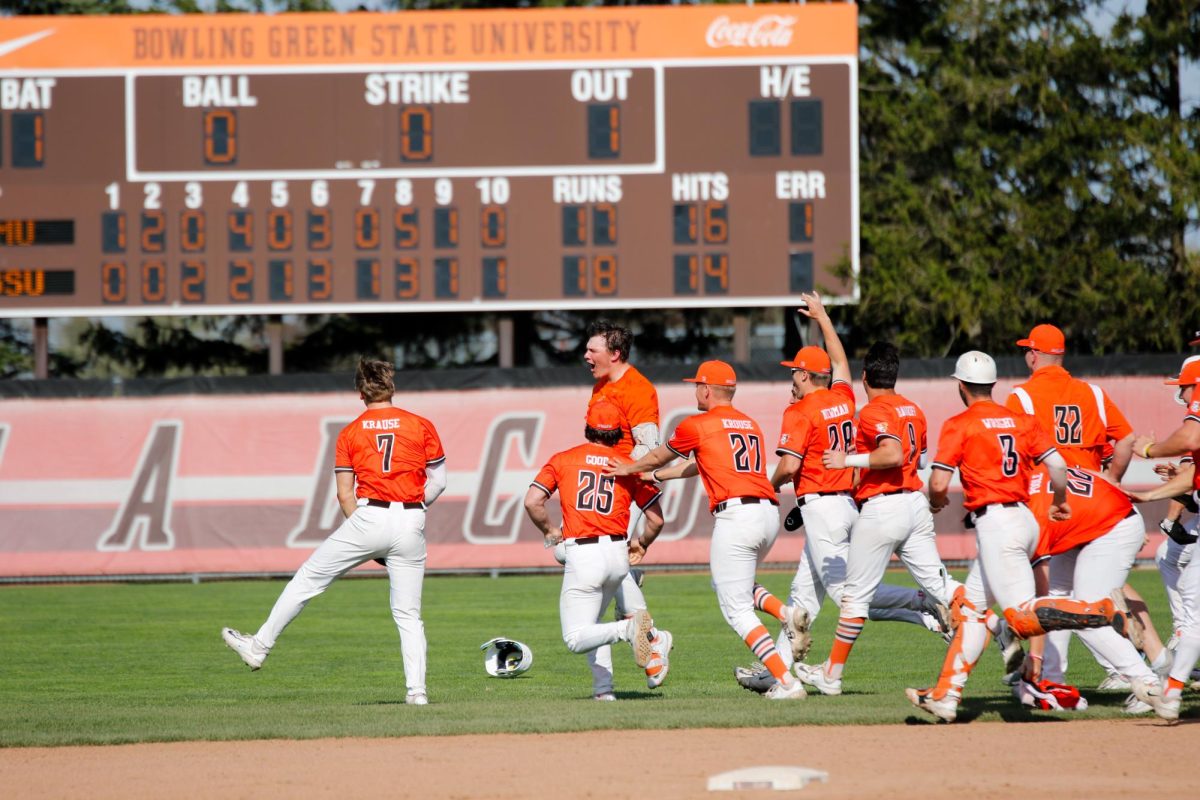Last Thursday night, former CBS reporter Bernard Goldberg spoke on campus, and he said that the mainstream media isn’t liberal, at least on purpose.
Oddly, he then went on to add that a majority of those working in the journalism industry are liberal, which skews coverage in the media to only one side of the political fence.
There’s a conundrum right away when someone who claims to be a conservative says that the media is skewed to the left — his political ideology has something to do with his reading.
With the media system in the United States, certain publications are noted for leaning one way or the other. But there’s no getting around the fact that people will read between the lines of a news source to confirm what they want to believe about that source. One person might say that a certain paper is conservative, while someone else might say that same paper is liberal. As long as newspapers and sources continue to anger people on both sides of the political spectrum, it seems that the news industry is reaching its overarching goal: objectivity.
All journalists strive for a sense of balance through truth in a news story, a continual sense that neither sources nor the audience can deny the facts behind a story. Some people have said media outlets should claim to be one political ideology or another, but this would just damage the paper’s credibility. If a paper would do this, it is little bit easier to show innuendo, or what can be perceived as a nod to what candidate or political party the newspaper has said it supports.
We see this all the time with outspoken, credibility-lacking news sources such as Michael Moore or Rush Limbaugh. People dismiss them as jokes, at least people who don’t believe wholeheartedly in the values of liberalism or conservatism.
There are news principles that major sources strive to, but people have to remember how quickly decisions are made in the news industry.
Just think, journalists only have a few minutes to decide what headline goes on a story. Journalists do not always have the time to have a bias; we’re continually on a deadline. And, the paper still has to cater to its audience, a collective group of people who have different opinions and values than the journalists.
Also, there’s a lot of journalists in the newsroom, and not one of them thinks alike. With having a multitude of opinions, objectivity is highly possible.
People make mistakes — and so do journalists — but that does not mean we should not hold them to a high standard, one based solely on accuracy, the truth, fairness and objectivity.
















